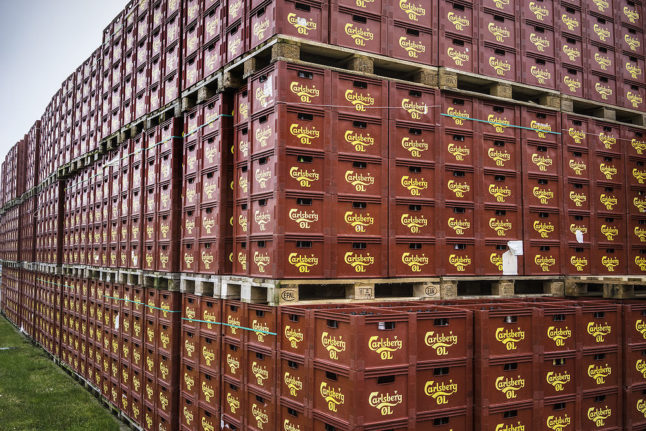The move follows a strategic review of Carlsberg’s Russian operations announced on March 9th, which led to “the difficult and immediate decision to seek a full disposal of our business in Russia, which we believe is the right thing to do in the current environment,” the company said in a statement.
“Upon completion we will have no presence in Russia,” it said.
Carlsberg owns Russian brewer Baltika Brewery, whose employees represent a fifth of the beermaker’s global workforce.
“We deeply regret the consequences of this decision for our 8,400 employees in Russia,” it said.
“Until the completion of the process, we will maintain the recently announced reduced level of operations to sustain the livelihoods of these employees and their families,” Carlsberg chief executive Cees ‘t Hart said, adding that any profits generated would be “donated to relief organisations.”
In 2021, Carlsberg’s Russian business reported a revenue of 6.5 billion Danish kroner ($957 million, 874 million euros) and an operating profit of 682 million.
As a result of the decision, revenues from the Russian operations would not be included in the company’s earnings going forward, and the company said it would “later provide further details on the accounting impact of the planned disposal.”
Shares in Carlsberg were up over seven percent on the Copenhagen stock exchange following the announcement.
Heineken said its departure from Russia would cost the company 400 million euros.
READ ALSO: Denmark’s biggest brewery Carlsberg halts production and sales in Russia



 Please whitelist us to continue reading.
Please whitelist us to continue reading.
Member comments